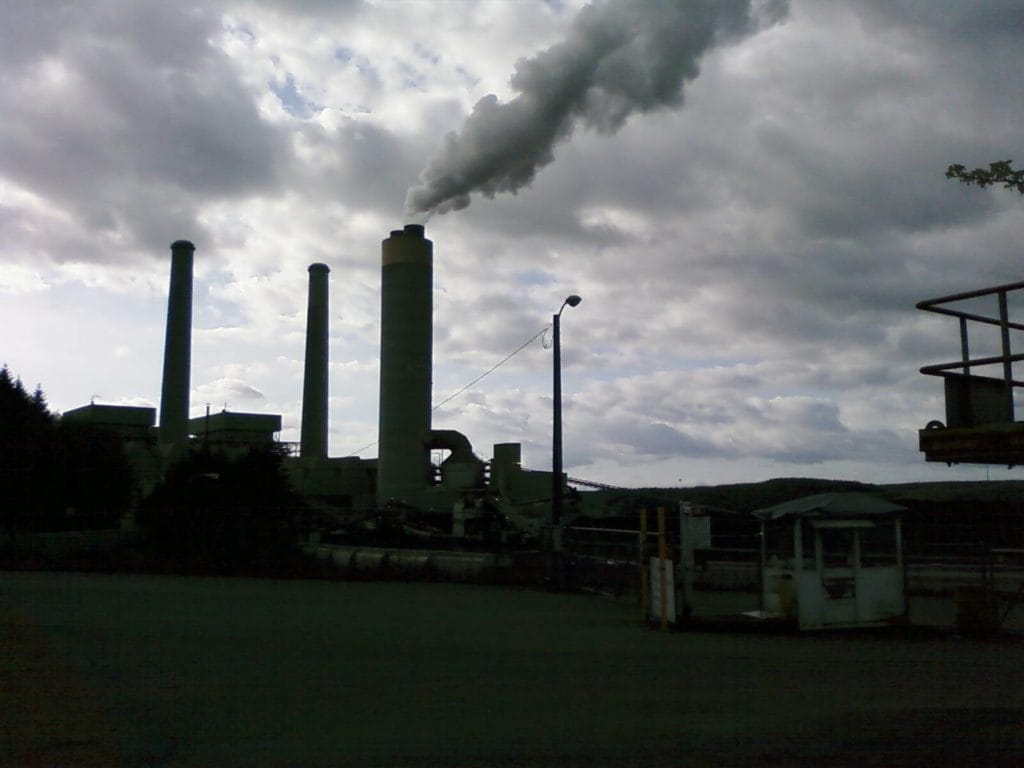Washington
Executive Board Caucus Report Highlights — June 16, 2011
Each month, we post the updates from the state and provincial caucus reports…
Executive Board Caucus Report Highlights — May 12, 2011
Each month, we post the updates from the state and provincial caucus reports…
Executive Board Caucus Report Highlights
Each month, we post the updates from the state and provincial caucus reports…
Legislature passes landmark legislation to transition Washington off polluting coal-fired power
Today, the Washington State Legislature put its final stamp of approval on a plan to responsibly transition TransAlta Corp.’s Centralia, Wash., power plant off of coal. The state Senate approved technical changes made in the House and sent the Coal-Free Future for Washington bill to Gov. Chris Gregoire for her much-anticipated signature.
Enviros and Labor stand together to move Washington beyond coal
On March 5th, Organized Labor and major environmental organizations in Washington reached an historic agreement with the TransAlta Corporation and Gov. Chris Gregoire to phase out coal-fired power generation in Washington. The agreement reflects all parties’ shared vision of a Washington powered by clean energy and will provide a model for the nation of how investing in transition to a clean-energy future can create good jobs and a healthy economy.
Wash. Senate OKs bill to close coal plant
The state Senate on Saturday approved a bill that would eventually shut down Washington’s only coal-fired power plant, a move that could help the state meet climate change goals set in 2008.
The measure, Senate Bill 5769, was part of a deal negotiated among plant owner TransAlta, state officials and environmental groups (including the NW Energy Coalition and several member organizations). It would shut down one of the plant’s two boilers by 2020 and phase out coal-burning by 2025.
Read the full Associated Press article online at The Olympian.
Federal Court Rejects Challenge to Washington State Energy Efficiency Rules
A federal court today upheld Washington’s 2009 energy efficiency building code – a code that sets standards that will save Washington residents millions of dollars and reduce harmful global warming pollution. The building code sets energy efficiency requirements for new homes that will reduce energy use, and homeowners’ energy bills, for years to come. The Building Industry Association of Washington had challenged Washington’s code, alleging that it conflicted with federal law, despite that fact that the code gives builders the flexibility to pick from a large range of energy efficiency options.
Report: Washington's TransAlta Coal Plant Ranked 125th Nationally in Release of the Toxic Metal
A chorus of calls for TransAlta to reduce emissions increased in volume this morning as a Seattle-based coalition released a report detailing what it called an “extremely dangerous” level of mercury roughly one month before the U.S. Environmental Protection Agency is expected to propose new mercury emission requirements.
WNS story: Attack of the Oil Company Mega-Loads? Big Shipments Scare NW Watchdogs
Washington State is closely watching a battle in the Idaho Supreme Court over whether to allow massive oil exploration equipment to be trucked across scenic roadways of Northern Idaho and Montana to the tar sands of Alberta, Canada.



